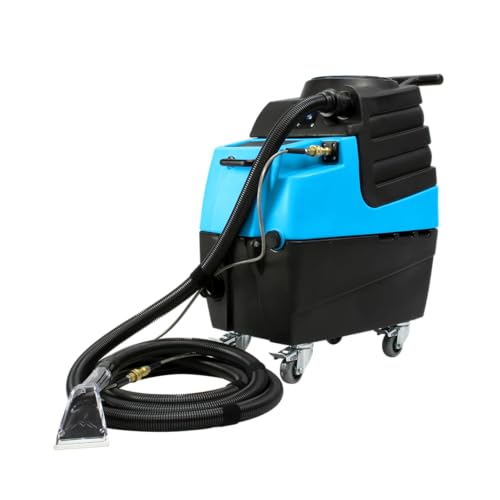I sold my 2004 MINI Cooper S this month and bought my BMW 2021 i3S, and I fully expect it to be my last car due to infirmities that start to pile up as one passes the three quarter-century mark. I drove it for a bit over 20 years and enjoyed every mile. It was optioned to my specifications, including navigation, sport suspension, seating, the lovely six-speed, etc. I noticed when I signed over the title that the make was shown as BMW, not MINI. And, of course, it was full of parts from BMW. The Navigation system was the BMW system of the period, and when MINI stopped providing map updates in about 2012, I was able to use the 2 DVD North America map upgrade set of discs from BMW, with the last being in 2015.
All that is to say is that I am well aware of the prices of BMW parts. One of the most expensive parts was the Navigation computer box, which I replaced a few years ago. But I dotted every i and crossed every t as far as preventive care was concerned, and over 20 years, the AC compressor ran perfectly. It only needed a recharge and a new filter/dryer at the 18-year-old point.
The little 1.6l supercharged engine never needed a pint of oil between changes at about every 5,000 miles or so. And with the JC Works kit, it provided 205 HP.
All of that is to say that the compressor problems I hear about on the forum here concern me. Are the compressors having problems with the 2020 and 2021 i3s as well?









![Homtronics Electric Spin Scrubber, [IPX7 Waterproof ] [50KG Torque] Shower Scrubber with 9 Brush Heads, 2 Speed Mode, 4 Adjustable Angles, Electric Brush for Cleaning for Bathroom Floor Tile](https://m.media-amazon.com/images/I/51ZmvOIf5nL._SL500_.jpg)








































